Parts one and two of Understanding Film Festivals covered the annual festival cycle and the benefits of film festivals -- part three wraps it up with some often-asked questions and a summary of the essays.
What does "festival circuit" mean?
When a filmmaker talks about "doing the festival circuit," it generally means showing your film at a series of film festivals. There's no prescribed order of these festivals except by their arrangement on the calendar; you can submit to whichever festivals you want, whenever you want. Some festivals will refuse to show a film based on the other festivals that film has played. See Film Festival Secrets the book for more discussion on this.
What's the difference between a film festival and a film market?
A film festival generally has its origins in the celebration of film as an art form, while a film market is explicitly created as a marketplace for filmmakers to sell their films to distributors. Some festivals have become de facto markets (like Sundance) and others now have markets attached (like Cannes), but in general there's not a lot of buying and selling going on at film festivals.
So why shouldn't I just bypass the festivals and go straight to a film market?
Film markets are less discriminating when it comes to the films they accept, but they charge much bigger fees. The market model is really designed to foster interaction between distribution companies and the production companies or agencies representing groups of films. The market typically rents out booths on a trade show floor, arranges screenings on site, and provides meeting space. The American Film Market (AFM) is probably the most well-known event of its kind in the U.S. Held in October or November each year, AFM has many of the trappings of a film festival (screenings, parties, red-carpet premieres) but has no competitive aspects. Anyone can exhibit -- provided they can pay $7500 or more for the privilege.
As an individual filmmaker, it's unlikely you have the spare cash and experience to take your film to market yourself and sell it successfully. Even if you could, you'd be cheating yourself of all the cool things that festivals have to offer. Beyond the personal rewards that festivals provide, a successful run on the festival circuit with accompanying reviews and awards will make your movie that much more appealing to prospective buyers. In the process you might even find an agency willing to represent your film at market -- saving you the money and trouble of doing it on your own.
How can I learn more about the way a film festival works?
Volunteer. Film festivals always need volunteer help, both during the event and in the months leading up to it. Filmmakers have been volunteering at film festivals for decades in order to learn the festival ropes, make local film connections, and earn free festival badges. Volunteering can give you some highly useful perspective when it comes time to submit your own picture.
So all festivals work like this?
Well, no. Now that there are more than a thousand film festivals in existence (some say as many as 2500 -- it's difficult to say for sure), festivals are trying a lot of new things to distinguish themselves from the rest of the herd. Such efforts include diverging from the model described above in every way imaginable. There are festivals held exclusively online, festivals that accept only films in certain formats, and festivals that cater to every demographic, no matter how small. That means nearly unlimited opportunity for filmmakers, but also exceptions to every rule. For that reason, think of the advice in this book & blog as relevant to the nucleus of independent film festivals but not necessarily applicable to every individual case. Every film festival is different, but they all exist to provide the same basic things: a venue for independent filmmakers to find an audience, and a place for moviegoers to see new and exciting work outside the mainstream.
Review
• Film festivals are year-round efforts that often require a full staff of people (often filmmakers themselves) to work for little or no pay. Respecting that fact is one of the single greatest things you can do to advance your film and your career on the festival circuit.
• The festival cycle begins with the call for entries, continues with the screening process, and culminates in final programming and of course the festival exhibition itself.
• Festivals often appear glamorous and crammed with willing moviegoers, but in reality the organizations are often starved for funding and audiences for some screenings can be difficult to find. Don’t be discouraged; take advantage of what the festival has to offer and be sure to seek out the other filmmakers in attendance.


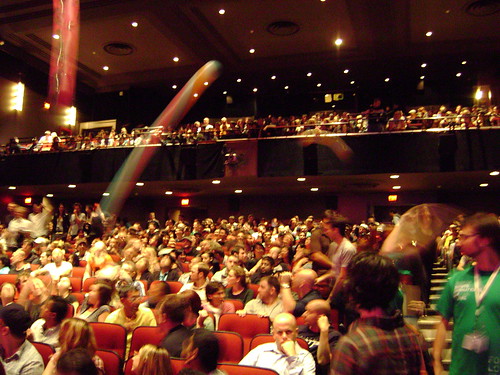





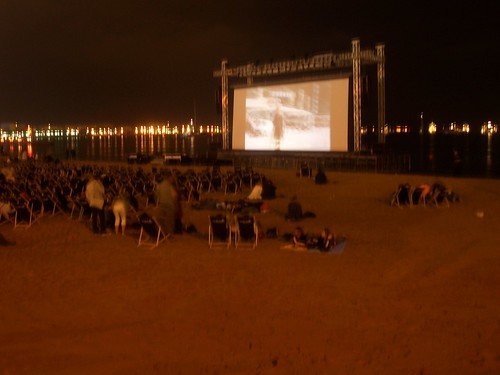
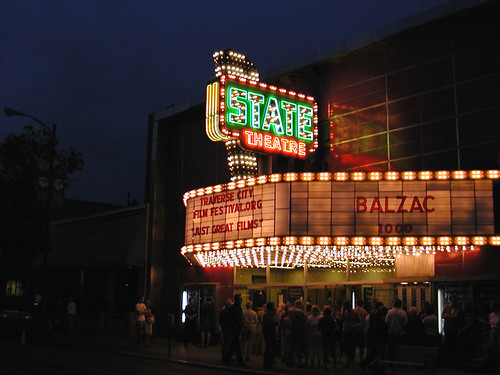
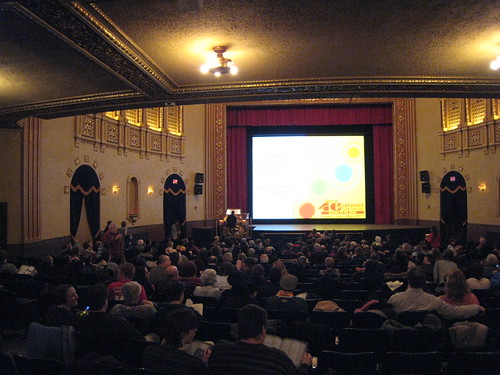
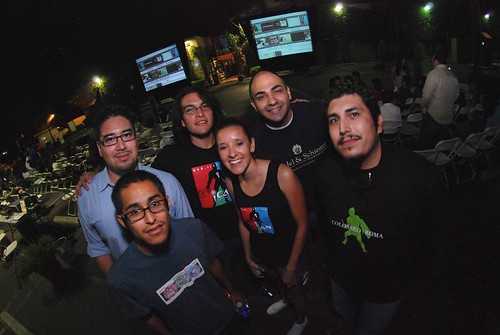
 Chris Holland has been writing about movies since 1991. In 1996 he co-founded
Chris Holland has been writing about movies since 1991. In 1996 he co-founded 